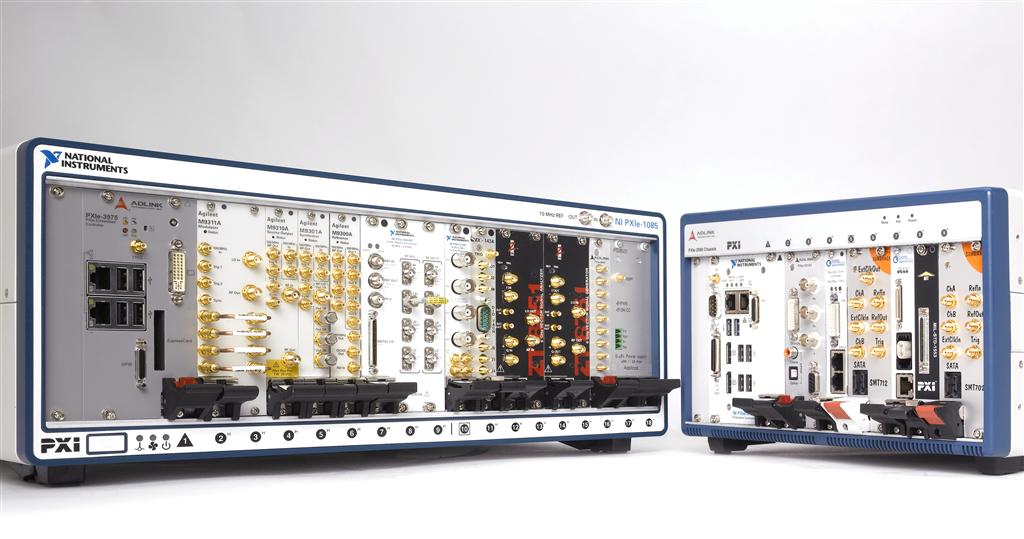Description
The National Instruments DAQCard-AI-16E-4 Multifunction I/O Card, identified by part number 777230-01, is a high-performance card from the DAQCard E Series designed for PCMCIA interfaces.
Programmable with NI-DAQ drivers, this card is compatible with a suite of application software including VirtualBench, Measure, LabVIEW, LabWindows/CVI, and Lookout, and operates on Windows NT/2000/Me/9x systems.
Configuration can be managed via the Measurement & Automation Explorer (MAX) tool, and the card is recommended to be calibrated once a year to maintain accuracy.
With its flexible input channel configuration, the DAQCard-AI-16E-4 can handle 16 single-ended analog, 16 pseudo-differential, or 8 differential signals, all DC coupled, ensuring a wide range of data acquisition possibilities.
The card’s single-channel scanning rate peaks at 500 kS/s, while the multi-channel scanning rate is capable of 250 kS/s, providing robust and rapid data capture with a resolution of 12-bit.
Connection to devices is facilitated through a PCMCIA 68-position female I/O connector, making integration with various systems straightforward and reliable.
| Specification | Detail |
|---|---|
| Product Name | National Instruments DAQCard-AI-16E-4 Multifunction I/O Card |
| Part Number | 777230-01 |
| Series | DAQCard E Series |
| Interface | PCMCIA |
| Programming Drivers | NI-DAQ |
| Application Software | VirtualBench, Measure, LabVIEW, LabWindows/CVI, Lookout |
| Operating Systems | Windows NT/2000/Me/9x |
| Configuration Tool | Measurement & Automation Explorer (MAX) |
| Recommended Calibration Interval | Once a year |
| Input Channels | 16 single-ended analog, 16 pseudo-differential or 8 differential |
| Input Coupling | DC coupled |
| Single-Channel Scanning Rate | Up to 500 kS/s |
| Multi-Channel Scanning Rate | 250 kS/s |
| Resolution | 12-bit |
| Connector Type | PCMCIA 68-position female I/O |
Q1: Which software applications are compatible with the National Instruments DAQCard-AI-16E-4 Multifunction I/O Card for PCMCIA interfaces, and what is its recommended calibration frequency?
A1: The National Instruments DAQCard-AI-16E-4 Multifunction I/O Card is compatible with Windows NT/2000/Me/9x systems and it is recommended to be calibrated once a year to maintain accuracy.
Q2: What types of signals can the National Instruments DAQCard-AI-16E-4 Multifunction I/O Card process, and what is its maximum single-channel scanning rate?
A2: The National Instruments DAQCard-AI-16E-4 Multifunction I/O Card for PCMCIA interfaces is compatible with VirtualBench, Measure, LabVIEW, LabWindows/CVI, and Lookout software applications, and it is recommended to be calibrated once a year to maintain accuracy.
Q3: What operating systems are compatible with the National Instruments DAQCard-AI-16E-4 Multifunction I/O Card, and through which connector does it interface with devices?
A3: The National Instruments DAQCard-AI-16E-4 Multifunction I/O Card can process 16 single-ended analog, 16 pseudo-differential, or 8 differential signals, and its maximum single-channel scanning rate is 500 kS/s.
Q4: What are the key features and software compatibility of the National Instruments DAQCard-AI-16E-4 Multifunction I/O Card, part number 777230-01?
A4: The National Instruments DAQCard-AI-16E-4 Multifunction I/O Card is compatible with Windows NT/2000/Me/9x operating systems, and it interfaces with devices through a PCMCIA 68-position female I/O connector.
Q5: What are the system compatibility requirements and recommended calibration frequency for the National Instruments DAQCard-AI-16E-4 Multifunction I/O Card?
A5: The National Instruments DAQCard-AI-16E-4 Multifunction I/O Card, part number 777230-01, features a PCMCIA interface, compatibility with NI-DAQ drivers, and can be used with software such as VirtualBench, Measure, LabVIEW, LabWindows/CVI, and Lookout; it operates on Windows NT/2000/Me/9x systems and supports 16 single-ended analog, 16 pseudo-differential, or 8 differential


